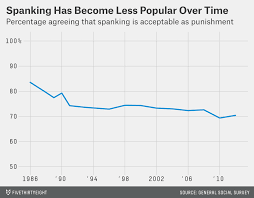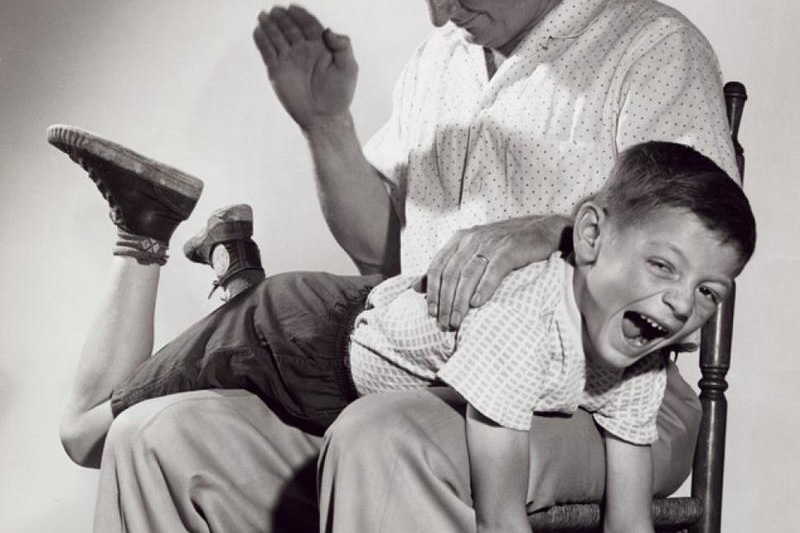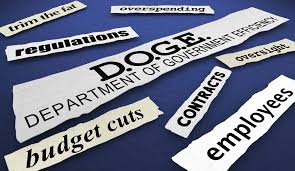Spanking: Abuse or discipline?
Whooping…spanking…hitting. It’s all the same thing, but it elicits different reactions from people. Some people believe it’s abuse, while others suggest it’s an effective discipline method.
Many people use spanking to punish children for wrongdoing. They decide to “whip their children in shape” by hitting them. Spanking is defined as “a common form of corporal punishment involving the act of striking the buttocks of another person to cause physical pain, generally with an open hand.”
 According to www.childrentrends.org, in 2014, 76 percent of men and 65 percent of women ages 18 to 65 agreed that “children sometimes need a good hard spanking.” The approval of spanking has gone down some since the 1960s, but it is still widely accepted. In a survey by ABC News this past year, 50 percent of parents with children in their homes now admitted to using spanking. That number is higher in the south, at 62 percent.
According to www.childrentrends.org, in 2014, 76 percent of men and 65 percent of women ages 18 to 65 agreed that “children sometimes need a good hard spanking.” The approval of spanking has gone down some since the 1960s, but it is still widely accepted. In a survey by ABC News this past year, 50 percent of parents with children in their homes now admitted to using spanking. That number is higher in the south, at 62 percent.
While thirty other countries have banned physical punishment, even in people’s own homes, the U.S. has not. In fact, it is legal for schools to spank children in 23 states.
Despite the popularity of the method, there are disadvantages to spanking. According to the American Psychological Association, “Many studies have shown that physical punishment — including spanking, hitting and other means of causing pain — can lead to increased aggression, antisocial behavior, physical injury and mental health problems for children. ”
Also, the children who are spanked are more likely to believe that hitting is okay or an acceptable way to solve problems. This can lead the child down a violent path of hitting other people instead of trying other solutions to fix a situation.
Along with the social issues that a child can face if hit by parents, spanking can also cause mental issues. According to a new study, links have been found from later mental diagnoses that were caused by childhood spanking. A new study by associate professors Andrew Grogan-Kaylor and Shawna Lee, suggests that the violence caused by spanking can lead adults to “feel depressed, attempt suicide, drink at moderate-to-heavy levels or use illegal drugs.”
Some parents claim that spanking is effective–that it gets results quickly and enforces positive behavior. But research suggests that isn’t true. “Spanking doesn’t work,” said Alan Kazdin, PhD. Kazdub is a psychology professor at Yale University and the director of the Yale Parenting Center and Child Conduct Clinic.
The American Psychological Association says the affect of spanking is short-lived: “Physical punishment can work momentarily to stop problematic behavior because children are afraid of being hit, but it doesn’t work in the long term and can make children more aggressive.”
Spanking also creates fear between a parent and child and can harm the trust of a parent-child relationship.
Luckily, here are many other ways for parents to discipline children: talking to them, taking something away that they enjoy, praising positive behaviors, modeling and practicing correct behaviors, or using a system of breaks or time outs.
Spanking is a tradition worth letting go; it’s not only abuse to the body but to the mind and heart.












